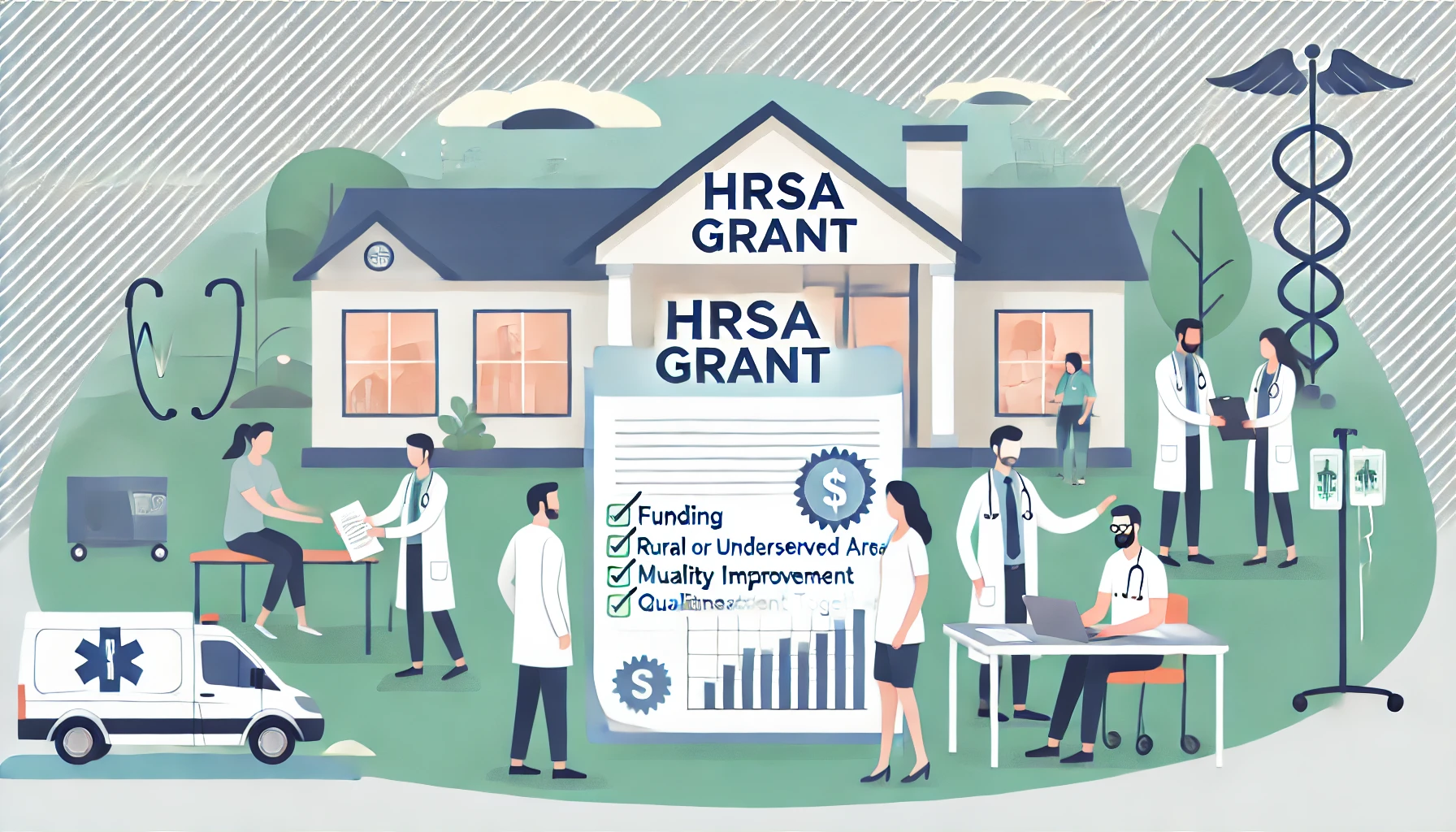
Table of Contents

Medical malpractice insurance market growing to $42.5B by 2032, driven by litigation risks, healthcare complexity, and regulatory changes.
Medical malpractice insurance market growing to $42.5B by 2032, driven by litigation risks, healthcare complexity, and regulatory changes.
Medical Malpractice Insurance Market: Growth, Challenges, and Future Outlook
In the complex landscape of healthcare risk management, the medical malpractice insurance market continues to evolve, presenting both opportunities and challenges for healthcare providers, insurers, and patients alike. Recent market research reveals fascinating insights into the trajectory of this critical industry segment.
Market Dynamics: A Closer Look at Growth Projections
According to recent market analysis from EIN News, the medical malpractice insurance market is poised for significant expansion. Key highlights include:
- Projected Market Value: Expected to reach $42.5 billion USD by 2032
- Compound Annual Growth Rate (CAGR): Estimated at 2.46% during the forecast period
Driving Forces Behind Market Growth
Several critical factors are propelling the medical malpractice insurance market forward:
- Increasing medical litigation risks
- Growing complexity of healthcare delivery
- Rising healthcare expenditures
- Enhanced regulatory compliance requirements
The Role of External Peer Review in Risk Mitigation
At Medplace, we understand that proactive risk management is key to addressing potential medical malpractice challenges. External peer review emerges as a critical strategy for healthcare organizations to:
- Identify potential clinical vulnerabilities
- Improve patient safety protocols
- Reduce likelihood of medical errors
- Demonstrate commitment to quality care
Market Challenges and Complexities
While the market shows promising growth, several challenges persist:
- Increasing claim frequencies
- Rising legal defense costs
- Evolving medical technology landscapes
- Emerging healthcare delivery models
Insurance Providers: Adapting to a Changing Landscape
Major players like Travelers Insurance are strategically positioning themselves to navigate these complex market dynamics. The ability to offer flexible, comprehensive coverage while managing risk effectively will be paramount.
Key Strategic Considerations
Healthcare organizations and insurance providers must consider:
- Advanced risk assessment technologies
- Data-driven underwriting approaches
- Comprehensive risk management programs
- Leveraging external expertise through independent peer review
The Future of Medical Malpractice Insurance
As the healthcare landscape continues to transform, medical malpractice insurance will require unprecedented adaptability. Technological innovations, changing patient expectations, and increasingly complex medical interventions will drive market evolution.
Medplace's Perspective
Our platform offers a innovative solution to many of these challenges. By connecting healthcare organizations with a network of 132 specialized medical professionals, we enable:
- Swift, objective medical opinions
- Comprehensive peer review processes
- Enhanced risk management strategies
- Improved patient safety protocols
Conclusion: Navigating Uncertainty with Proactive Strategies
The medical malpractice insurance market's projected growth of 2.46% CAGR reflects both challenges and opportunities. Successful navigation will require a multifaceted approach combining technological innovation, comprehensive risk management, and a commitment to continuous improvement.
Original Source: EIN News Market Analysis

Why Every Hospital Needs a Quality and Patient Safety Program
Every hospital needs a quality and patient safety program to reduce harm, improve care, and foster a culture of accountability.
.png)
.png)

HRSA FQHC Requirements: A Comprehensive Guide for Healthcare Providers
When it comes to federally qualified health center requirements, there’s no shortage of regulations, expectations, and—depending on your perspective—opportunities.
.png)
.png)

Unlocking Funding: A Guide to Health Resources and Services Administration (HRSA) Grants
Use HRSA grants to fund external peer review programs that enhance care quality, reduce bias, and support compliance in health centers.
.png)
.png)



.png)
.png)
.png)






.png)